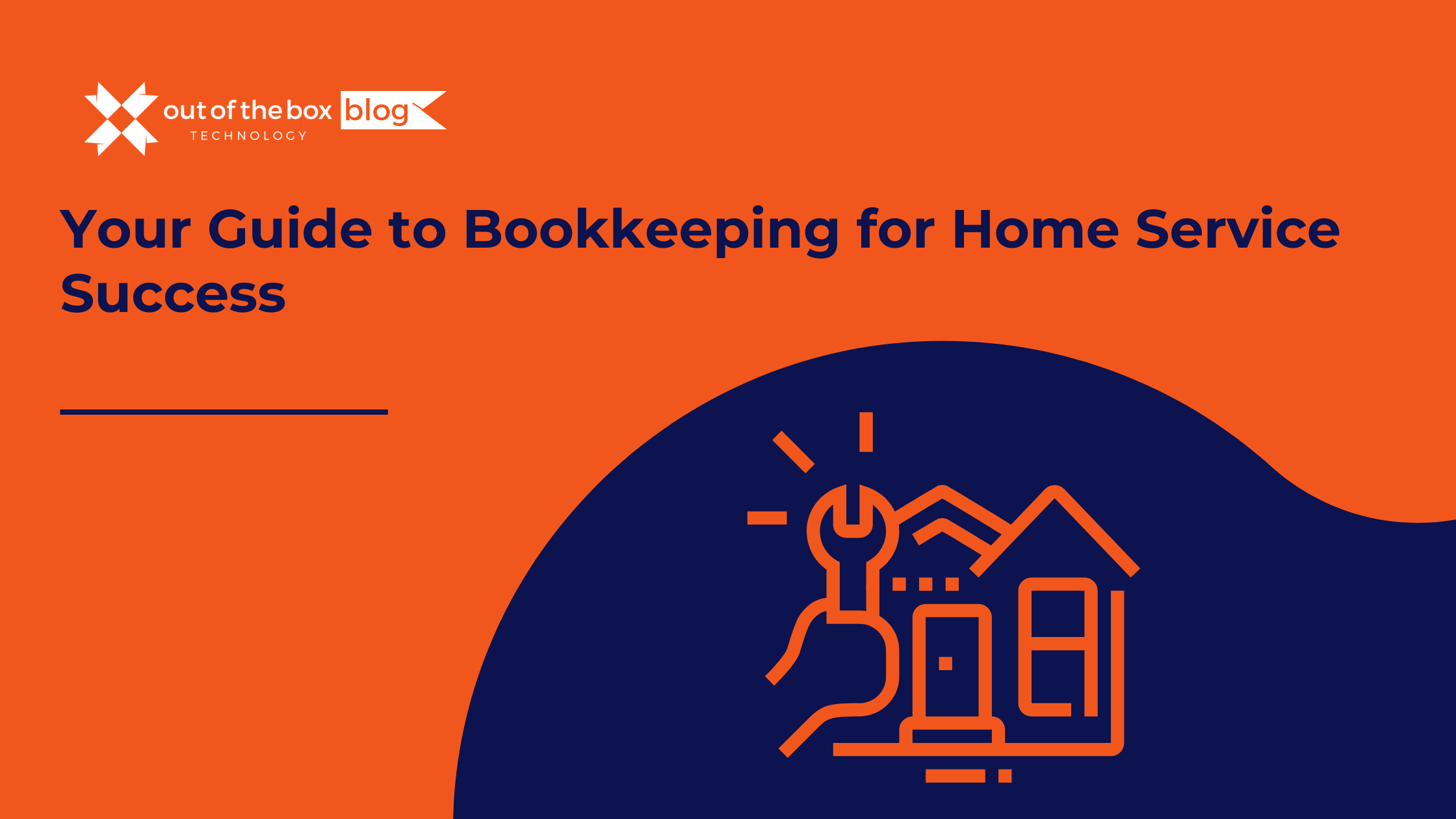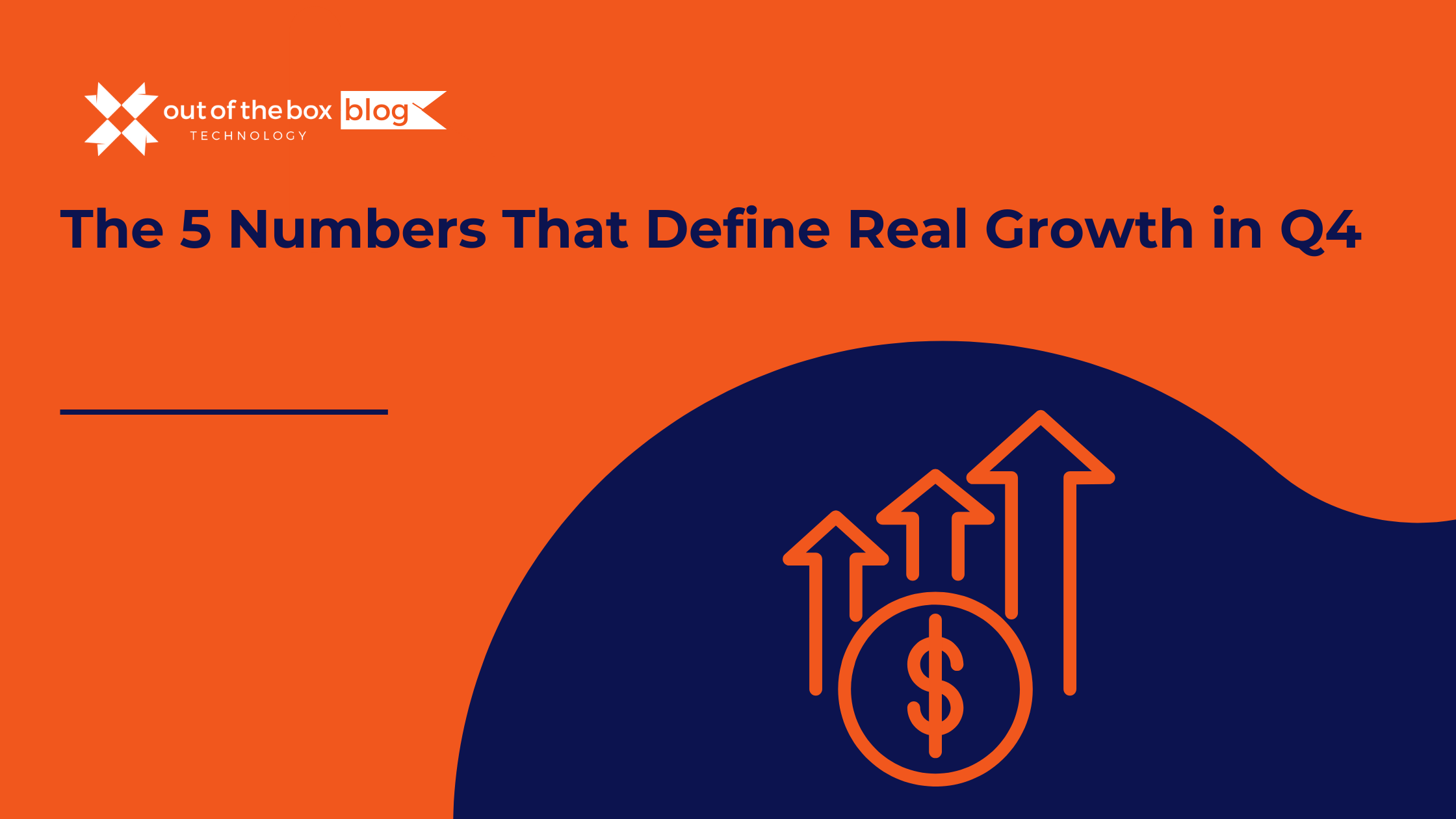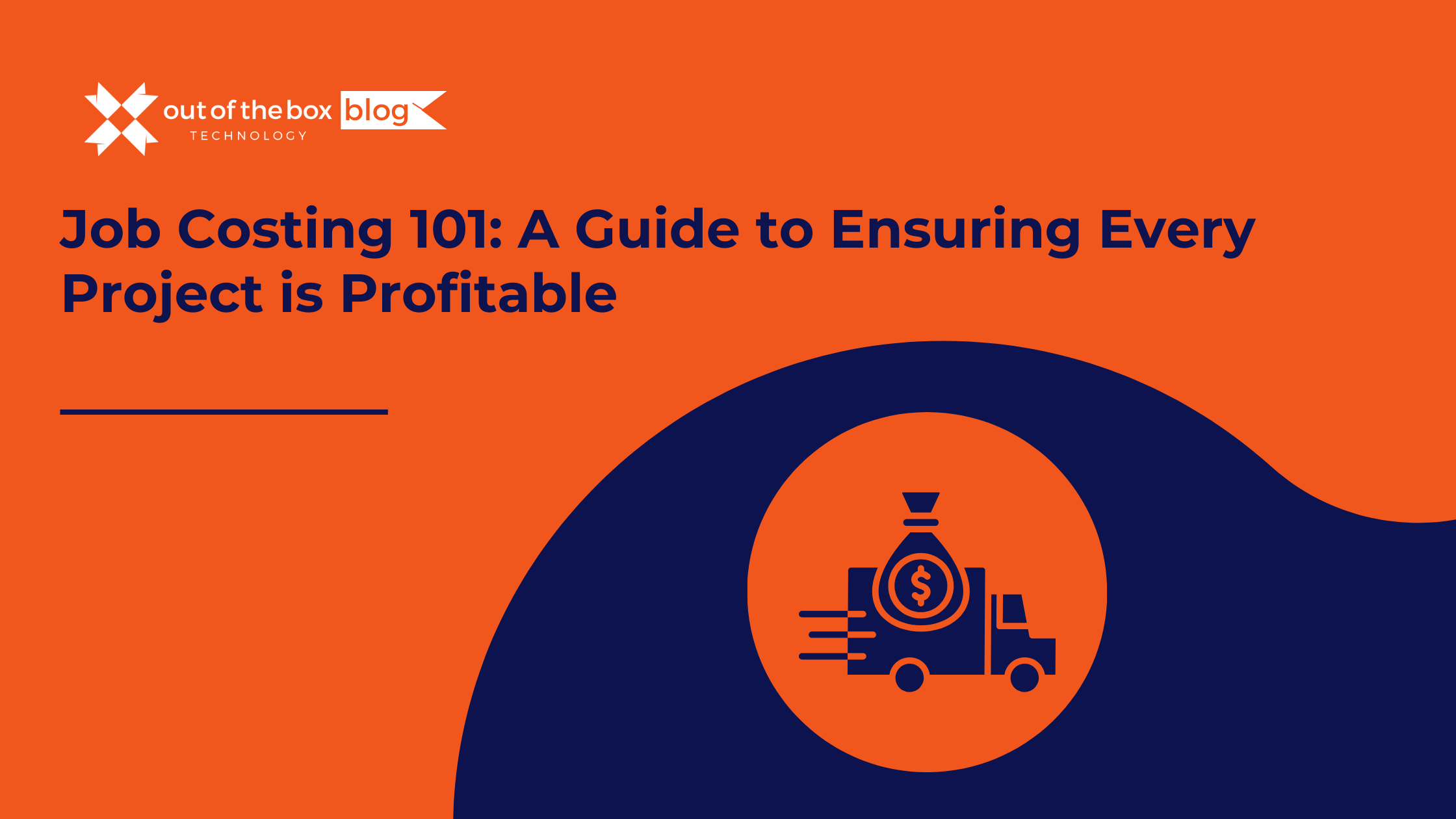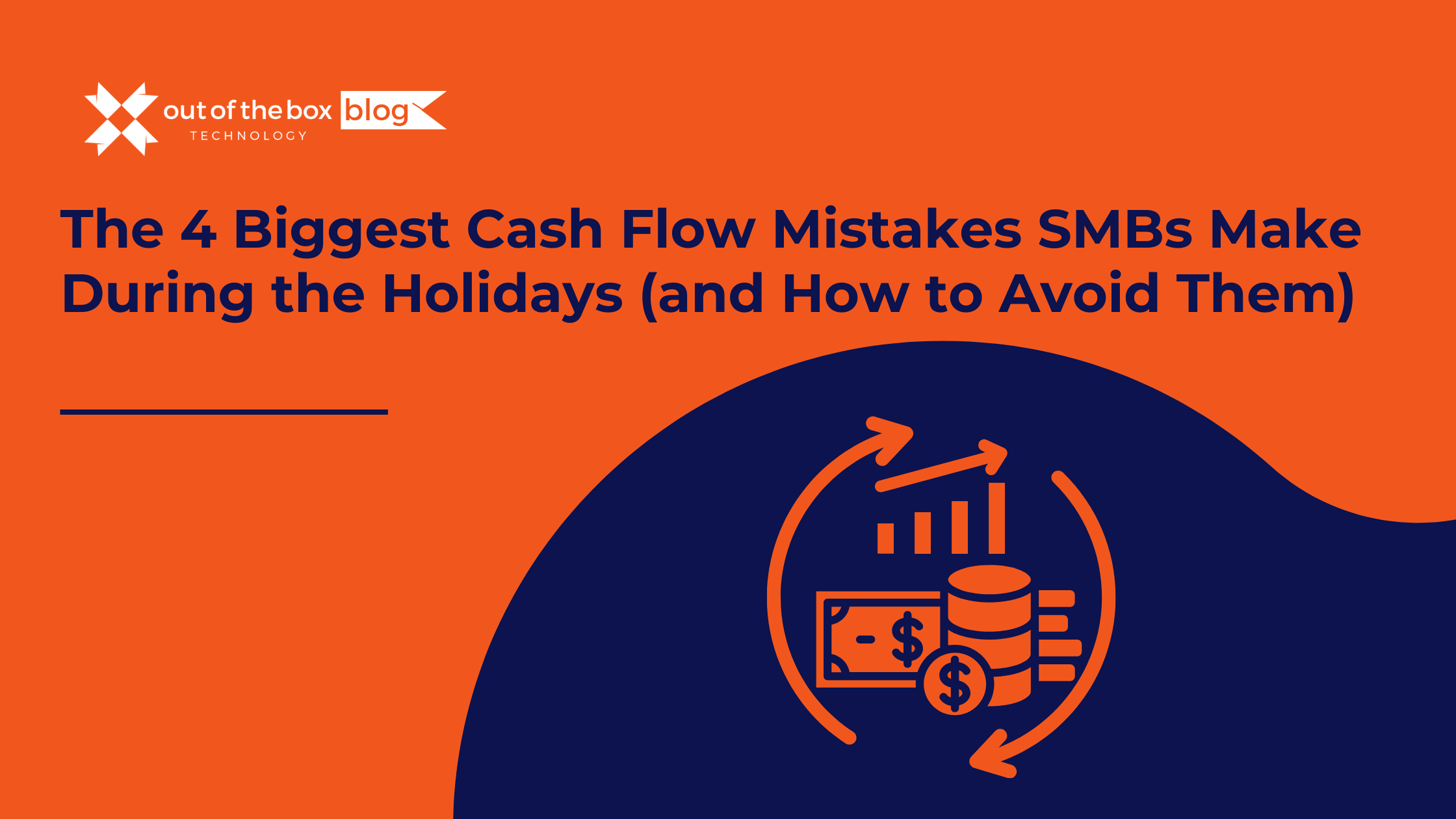In the dynamic world of home services, managing finances can be as critical as delivering quality service. Effective bookkeeping ensures that businesses not only stay compliant with tax regulations but also maintain healthy cash flow, make informed decisions, and achieve sustainable growth.
Why Bookkeeping Matters for Home Service Businesses
Bookkeeping is the systematic recording and organizing of financial transactions. For home service providers, this includes tracking income from services rendered, expenses for supplies and equipment, payroll for employees, and more. Proper bookkeeping helps in:
-
Cash Flow Management: Understanding the inflow and outflow of cash to avoid shortages.
-
Tax Preparation: Keeping accurate records simplifies tax filing and helps in claiming deductions.
-
Financial Analysis: Assessing profitability and making strategic decisions based on financial data.aladdinbookkeeping.com
Setting Up an Effective Bookkeeping System
-
Choose the Right Accounting Method:
-
Cash Basis Accounting: Records transactions when cash changes hands. Suitable for small businesses with straightforward transactions.
-
Accrual Basis Accounting: Records income and expenses when they are earned or incurred, regardless of when cash is exchanged. Provides a more accurate financial picture.
-
-
Select Appropriate Software:
-
QuickBooks Online: Widely used for its comprehensive features tailored to small businesses.
-
Xero: Known for its user-friendly interface and robust reporting capabilities.
-
FreshBooks: Ideal for service-based businesses focusing on invoicing and time tracking.TechRadar
-
-
Establish a Chart of Accounts:
Organize your financial transactions into categories such as:-
Revenue: Income from services.
-
Cost of Goods Sold (COGS): Direct costs of delivering services.
-
Operating Expenses: Rent, utilities, marketing, etc.
-
Assets: Equipment, vehicles, etc.
-
Liabilities: Loans, credit lines, etc.Canva+6Inside Advisor Pro+6Goodsteward Financial Company+6
-
Best Practices in Bookkeeping
-
Separate Business and Personal Finances: Maintain distinct bank accounts and credit cards to avoid confusion and ensure accurate records.
-
Regularly Reconcile Accounts: Compare your records with bank statements monthly to catch discrepancies early.
-
Automate Invoicing and Payments: Use software features to send invoices promptly and set up reminders for clients.
-
Track Expenses Diligently: Record all business-related expenses, categorizing them appropriately for tax deductions.
-
Monitor Key Financial Reports:
-
Profit and Loss Statement: Shows revenue, expenses, and profit over a period.
-
Balance Sheet: Provides a snapshot of assets, liabilities, and equity.
-
Cash Flow Statement: Highlights the inflow and outflow of cash.Anything + Everything QuickBooks
-
Common Bookkeeping Mistakes to Avoid
-
Procrastinating Record-Keeping: Delaying updates can lead to errors and missed deductions.
-
Misclassifying Transactions: Incorrect categorization can distort financial reports and tax filings.
-
Neglecting to Backup Data: Regular backups prevent data loss due to technical failures.
-
Overlooking Tax Deadlines: Missing deadlines can result in penalties and interest charges.
Leveraging Professional Bookkeeping Services
As your home service business grows, managing finances can become increasingly complex. Outsourcing bookkeeping can offer:
-
Expertise: Access to professionals familiar with industry-specific financial practices.
-
Time Savings: Allows you to focus on core business activities.
-
Accuracy: Reduces errors and ensures compliance with tax laws.
-
Scalability: Services can adapt to your business’s evolving needs.
FAQs
Q1: How often should I update my bookkeeping records?
A: Ideally, update records weekly to ensure accuracy and timely financial insights.
Q2: Can I handle bookkeeping myself, or should I hire a professional?
A: While small businesses can manage bookkeeping initially, hiring a professional is advisable as transactions become more complex.
Q3: What are the tax benefits of proper bookkeeping?
A: Accurate records help in identifying deductible expenses, ensuring compliance, and avoiding penalties.
Q4: How does bookkeeping software help my business?
A: Software automates tasks, reduces errors, provides real-time financial data, and simplifies tax preparation.
Q5: What should I look for in a bookkeeping service provider?
A: Seek providers with experience in the home services industry, transparent pricing, and a range of services that match your business needs.
Conclusion
Effective bookkeeping is the cornerstone of a successful home service business. By implementing structured financial practices, utilizing appropriate tools, and seeking professional assistance when necessary, you can ensure your business remains financially healthy and poised for growth.
For those seeking expert guidance, Out of the Box Technology offers tailored bookkeeping services, QuickBooks setup, and support to ensure your business runs smoothly and stays compliant.




